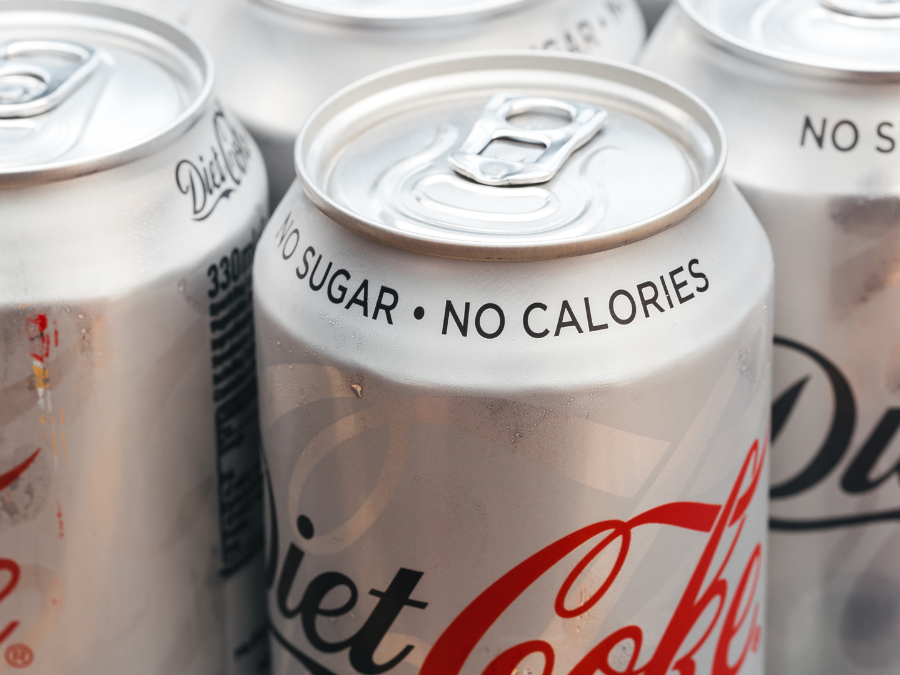The World Health Organization (WHO) is planning to release two reports assessing the safety of popular diet soft drink ingredient aspartame.
A spokesperson for the WHO told Just Drinks the content of the reports would be revealed next month, but gave no further detail about their conclusions.
The reports are being prepared by the WHO’s International Agency for Research on Cancer and the Joint Food and Agriculture Organization/WHO Expert Committee on Food Additives respectively, Bloomberg reported.
The former is expected to adjudge on the carcinogenic risk of the substance, while the latter will update on the risks of daily aspartame consumption and other possible adverse effects of consuming it.
Both reports are to be published together on 14 July, according to Bloomberg.
Aspartame is an artificial non-saccharide sweetener commonly used in a range of CSDs and foods.
The substance has been approved for use in more than 90 countries worldwide despite some studies linking it to health problems including cancer, cardiovascular disease, Alzheimer’s disease, seizures, stroke and dementia.
The US Food and Drug Administration (FDA), however, has ruled the substance as safe five times since first approving it as a sweetener in 1974.
The British Soft Drinks Association, which represents the interests of soft drinks companies including Coca-Cola Europacific Partners, Britvic and AG Barr, deferred to the International Council of Beverages Association (ICBA) when approached for comment.
Kate Loatman, executive director of the ICBA, told Just Drinks she was confident the reviews would find drinks made with aspartame safe for consumption.
She said: “We are very confident the WHO will conclude that food and beverages that use aspartame to reduce sugar and calories are safe, as has been repeatedly confirmed by public health and food safety authorities in more than 90 jurisdictions around the world, based on decades of high-quality scientific evidence.”
The news of the forthcoming reports comes just a month after the WHO said replacing sugar with non-sugar sweeteners (NSS) in food and beverages does not help with weight control.
In new guidance, the body also said that long-term use of NSS such as aspartame could also raise the risk of contracting various health problems including type 2 diabetes and cardiovascular disease.
It added that NSS’ were “not essential dietary factors and have no nutritional value”.









